Gate latches are a vital component of any gate or fence. They are designed to keep the gate closed securely and prevent any unwanted intrusion or accidents. In this article, we will discuss the various components of gate latches, their variations, the positives, considerations for using gate latches, and their applications. Read More…
Hardware Mfg. supplies stock inventory parts in addition to creating custom components for OEM and resellers. We work with a number of different industries such as agriculture, drug tablet, livestock, truck equipment, conveyors, and more.
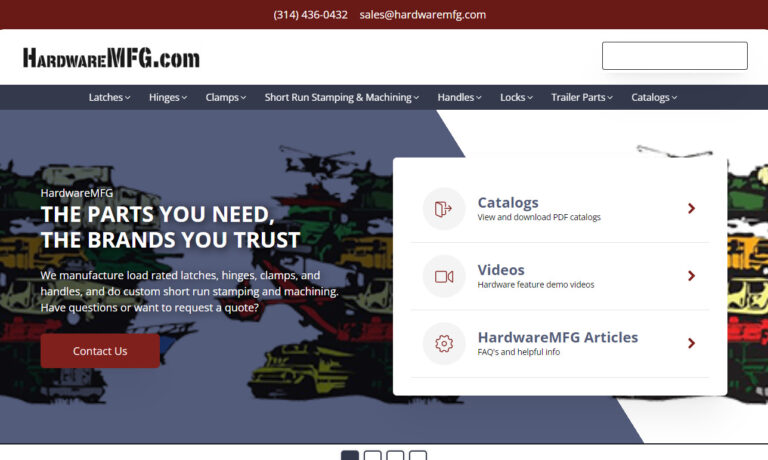
Specializing in custom-made hinges is what Hinge & Hardware is known for. We also stock certain types of standard models to round out the availability for our customers. The aforementioned are available as mild steel, aluminum and stainless. We also have a wider hardware line that includes door seals, gaskets, handles, a variety of latches and enclosure hardware.
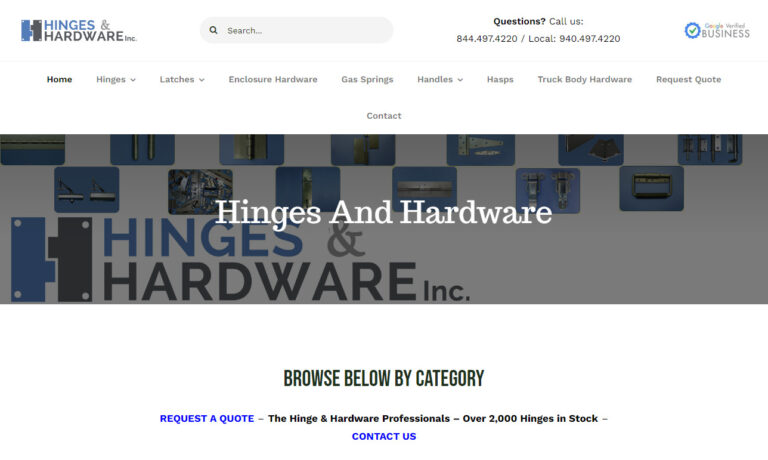
At PROTEX® we offer light to heavy-duty fasteners, handles, flush latches, case fittings, bandclamps, catch plates and more. We manufacture a large range of over centre fasteners often known as draw latches/toggle clamps/catches/over centre toggle fasteners.

Cabinet latches are our specialty! We are located in Torrington, CT but we are committed to serving our customers wherever they may need us! All of our products go through extensive and intensive testing to ensure that we are providing our customers with only the best possible products. For more information on what we can do for you visit our website today or get in touch via email or telephone!
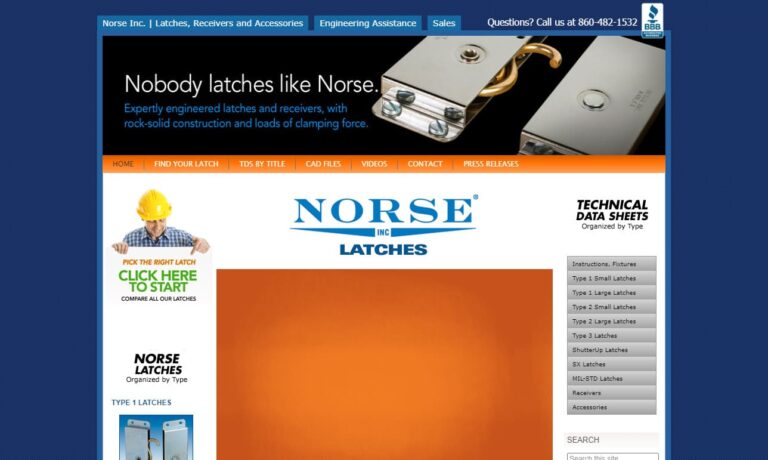
If your product application requires the finest in engineered latches, then TriMark has the solution for you. Choose from single or multi-rotor, compression, deadbolt, sliding bolt, slam action, pin type and more, all made to the highest standards to meet your expectations. Trust TriMark’s more than 50 years of expertise and earned reputation for quality latches, hinges, handles, locks and keys

More Gate Latch Manufacturers
Components of Gate Latches
Gate latches typically consist of a handle or knob, latch mechanism, strike plate, screws or bolts, and a spring or tension system. The handle or knob is the part that the user interacts with to operate the latch mechanism. The latch mechanism is the part that holds the gate in place and can be locked to prevent unwanted access. The strike plate is the part that the latch mechanism engages with to keep the gate closed. The screws or bolts are used to attach the latch to the gate, and the spring or tension system is what keeps the gate in a closed position.
Variations of Gate Latches
There are several variations of gate latches available on the market today, each with its unique design and functionality. Thumb latches are a popular variation that allows the user to open and close the gate with their thumb. Padlockable latches are designed to work with a padlock, providing an additional layer of security. Magnetic latches are a newer variation that uses a magnet to keep the gate closed. Self-closing latches are designed to automatically close the gate after the user has passed through it. Double-sided latches allow for access from both sides of the gate. Chain link latches are specifically designed for chain link fences, and sliding bolt latches are a heavy-duty option commonly used on industrial gates.
Considerations Regarding Gate Latches
While gate latches are generally easy to use and cost-effective, they do have some things to consider. Gate latches can provide a level of security, but they are not foolproof and can be forced open with enough effort. They are also not always weather-resistant and may require additional maintenance in harsh weather conditions. Installing gate latches can be challenging, especially if the gate is not installed correctly or if the latch is not compatible with the gate.
Benefits of Gate Latches
Despite their limitations, gate latches are a popular choice for securing gates and fences. They are easy to use and cost-effective, making them an accessible option for many homeowners. Gate latches are also versatile and can be used on a variety of gates and fences. Additionally, many gate latches are designed to be aesthetically pleasing, allowing them to blend in seamlessly with their surroundings.
Applications of Gate Latches
Gate latches can be used in a variety of applications since they provide a level of security and can prevent accidents or unwanted access. Many of these applications are discussed below.
Residential Gates
Gate latches are commonly used in residential gates to secure properties and prevent unauthorized access. They can be installed on a wide variety of gates, including wooden gates, metal gates, and chain link fences.
Garden Gates
Garden gates are typically smaller than other gates and require a latch that is easy to operate. Gate latches designed for garden gates often feature a thumb latch or a simple pull handle, making them easy to use for individuals of all ages.
Pool Fences
Pool fences require a latch that meets specific safety standards to prevent children from accessing the pool area. Self-closing gate latches that latch automatically and are positioned high enough to be out of reach of children are a common choice for pool fences.
Industrial Gates
Industrial gates are often larger and heavier than other gates, requiring a latch that can withstand heavy use and provide a high level of security. Sliding bolt latches are a popular choice for industrial gates due to their heavy-duty construction and ability to withstand extreme conditions.
Barn Doors
Barn doors require a latch that is strong and durable, as they are often subjected to heavy use and harsh conditions. Latches designed for barn doors often feature a simple sliding bolt or latch mechanism that can be operated easily from either side of the door.
Animal Enclosures
Latches for animal enclosures must be secure enough to keep animals safely contained but also easy to operate by animal caregivers. Spring-loaded gate latches or double-sided latches are commonly used for animal enclosures.
Security Fences and Gates
High-security fences and gates require a latch that is strong and secure. Padlockable latches are often used for security gates, as they provide an additional layer of protection. Magnetic latches that lock automatically when the gate is closed are also a popular option for high-security gates.
Other applications of gate latches include gates for community centers, schools, and playgrounds. Gate latches are also used in pedestrian access control systems, allowing individuals to enter and exit controlled areas easily.
Choosing the Correct Gate Latch Manufacturer
To ensure you have the most productive outcome when purchasing gate latches from a gate latch manufacturer, it is important to compare several companies using our directory of gate latch manufacturers. Each gate latch manufacturer has a business profile page highlighting their areas of experience and capabilities, along with a contact form to directly communicate with the manufacturer for more information or request a quote. Review each gate latch business website using our patented website previewer to quickly learn what each company specializes in. Then, use our simple RFQ form to contact multiple gate latch companies with the same form.

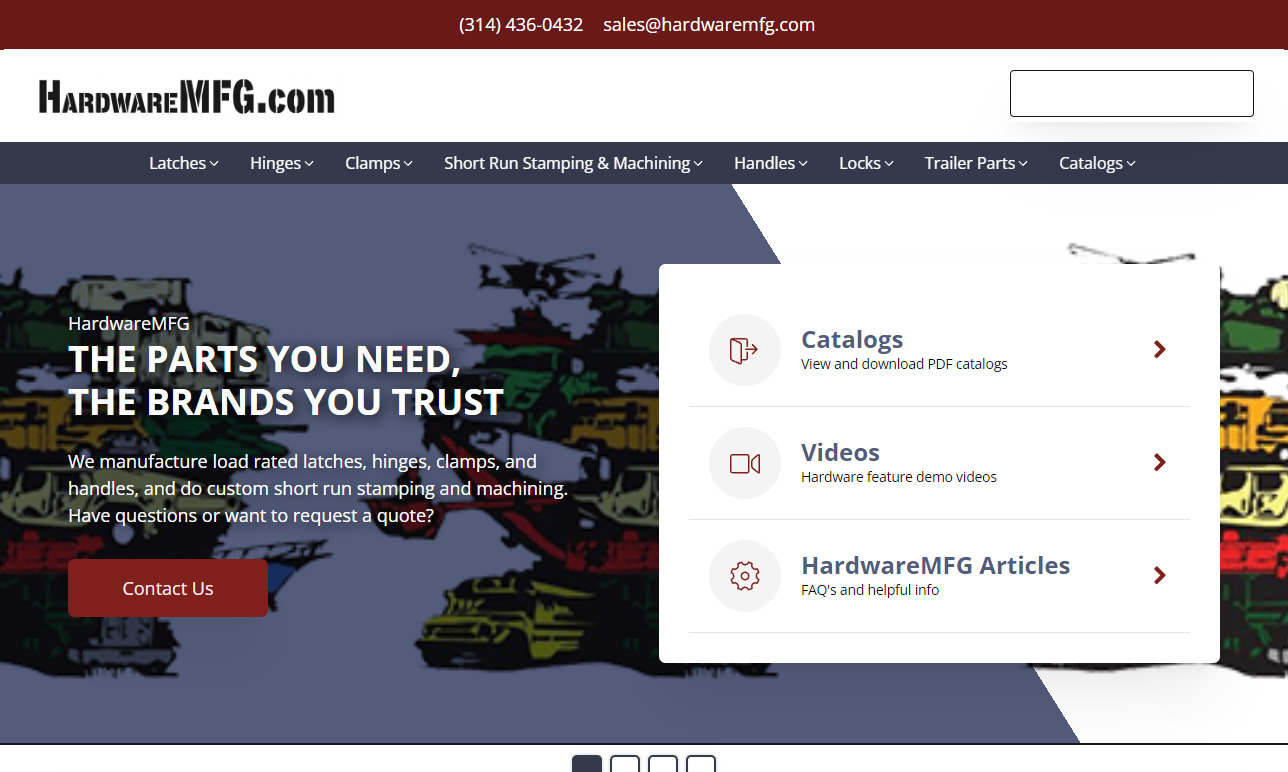
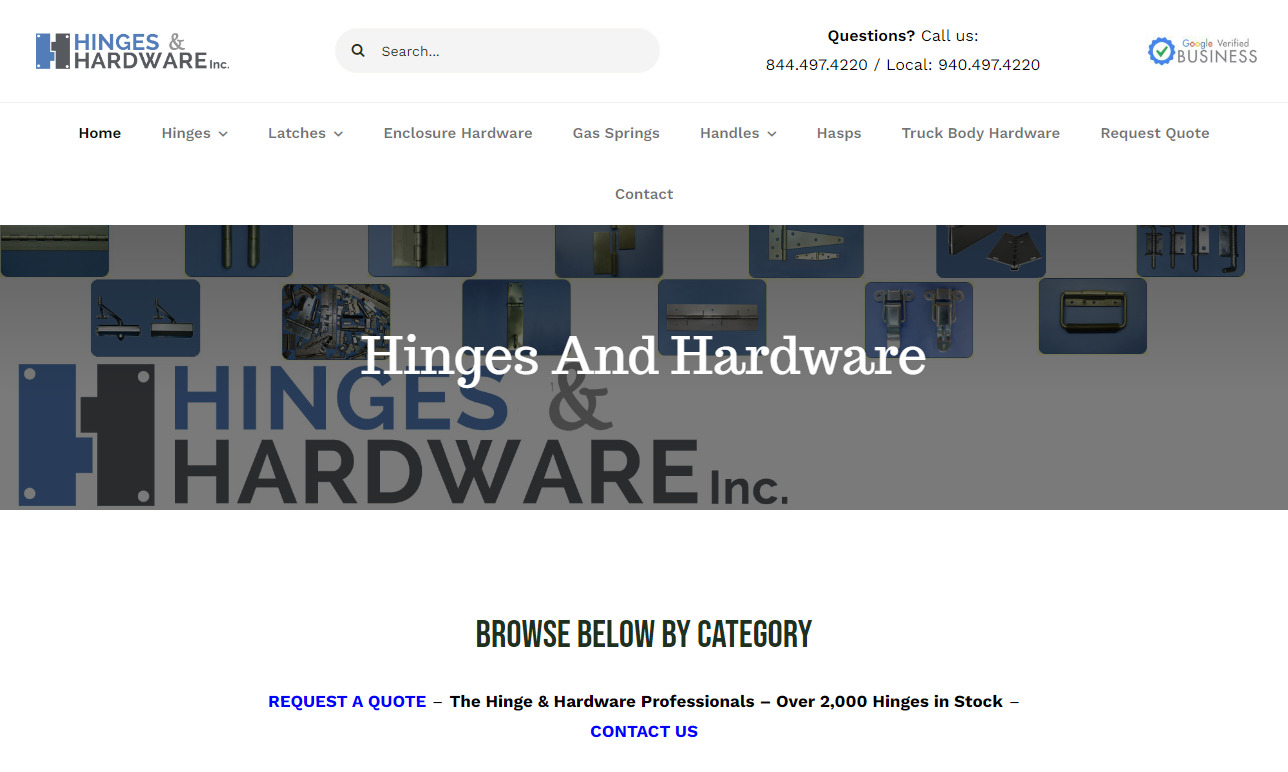

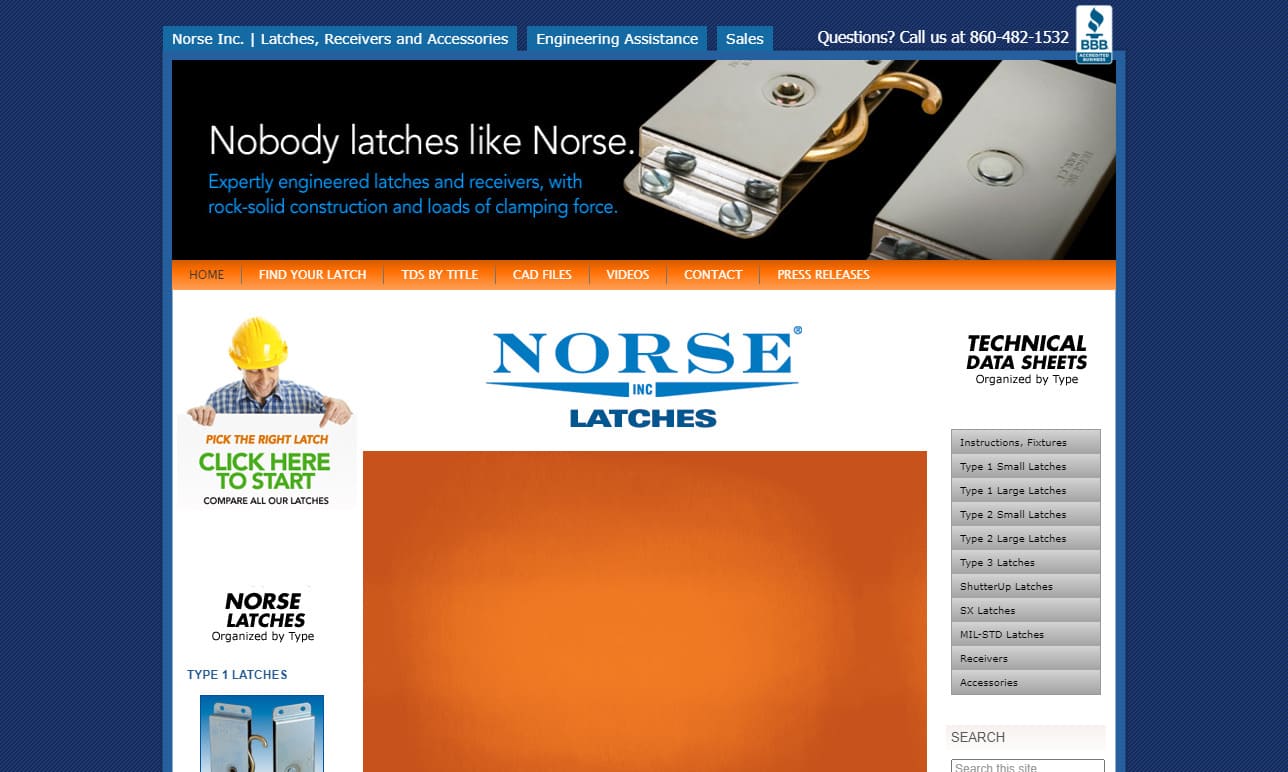

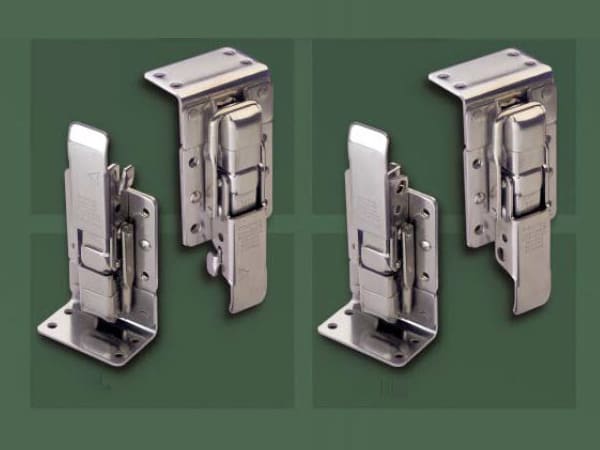
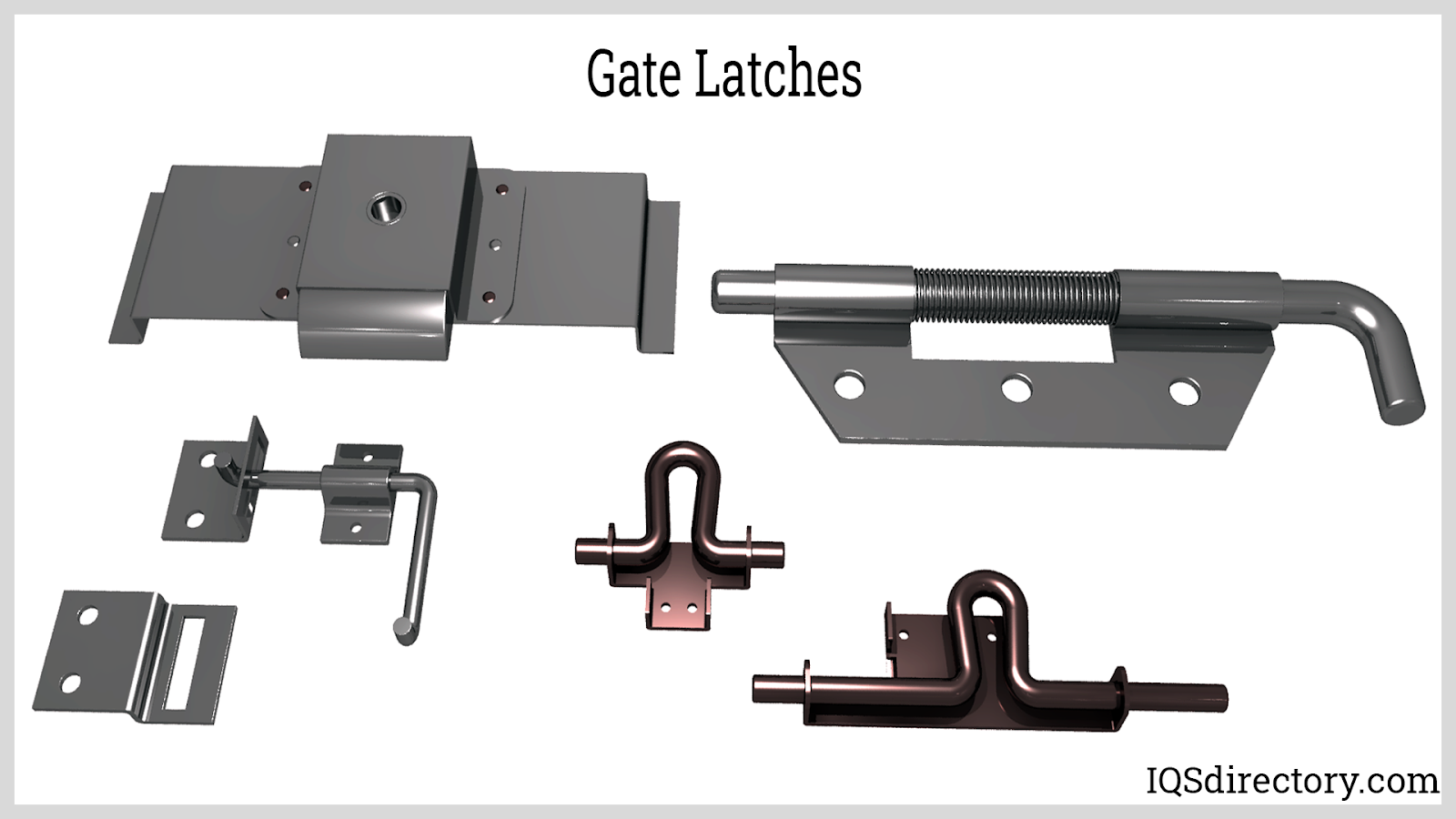
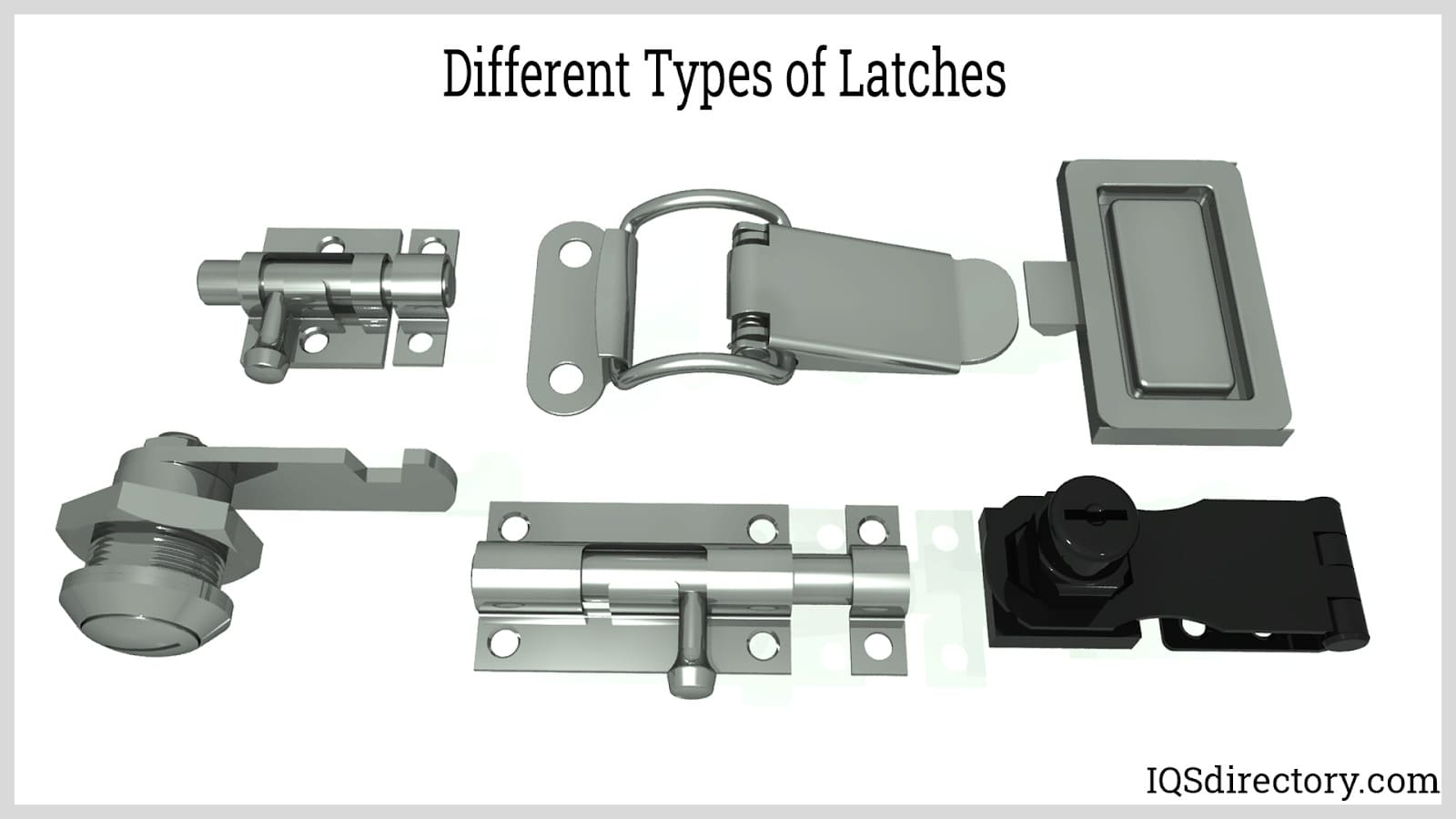
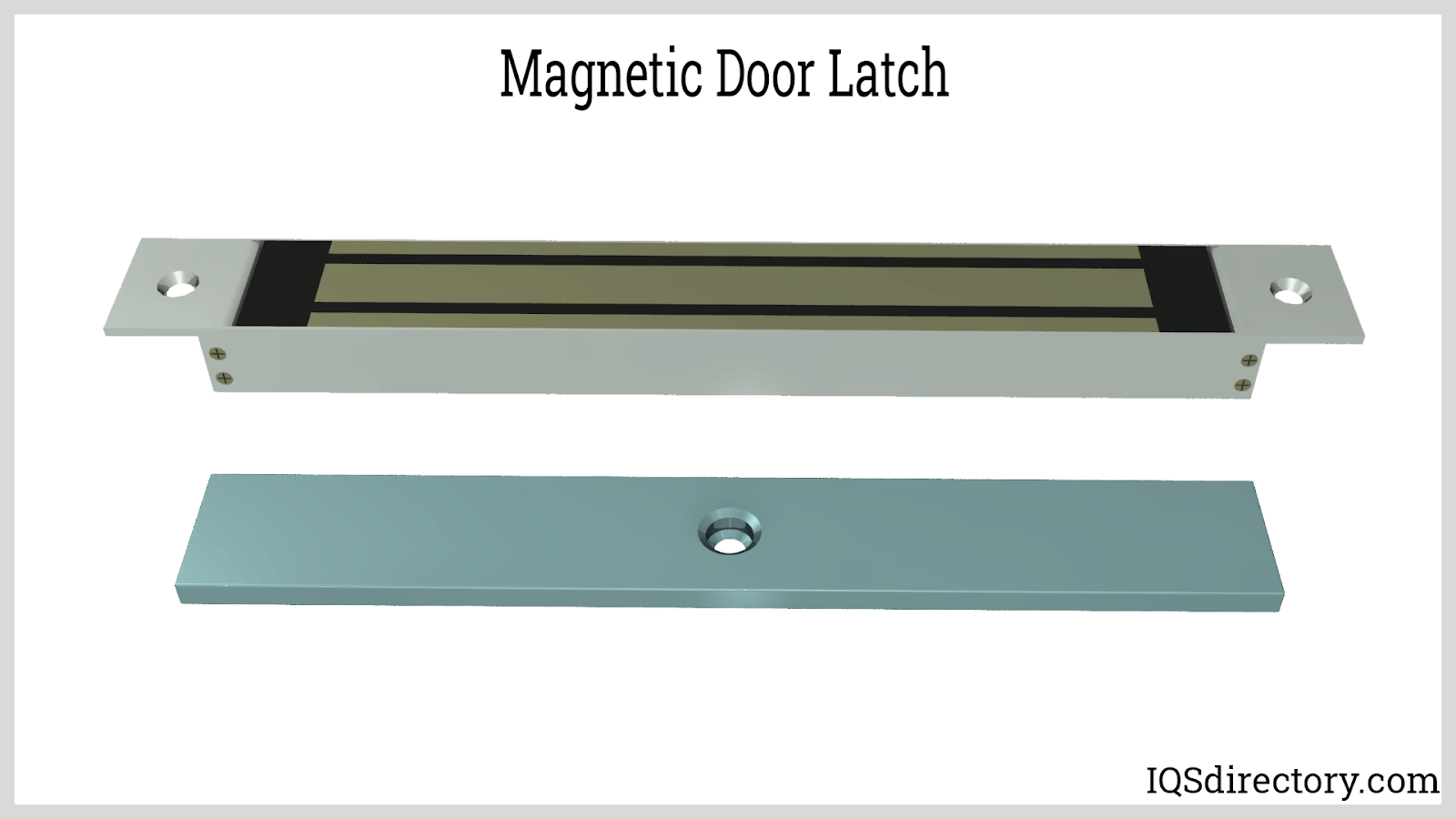
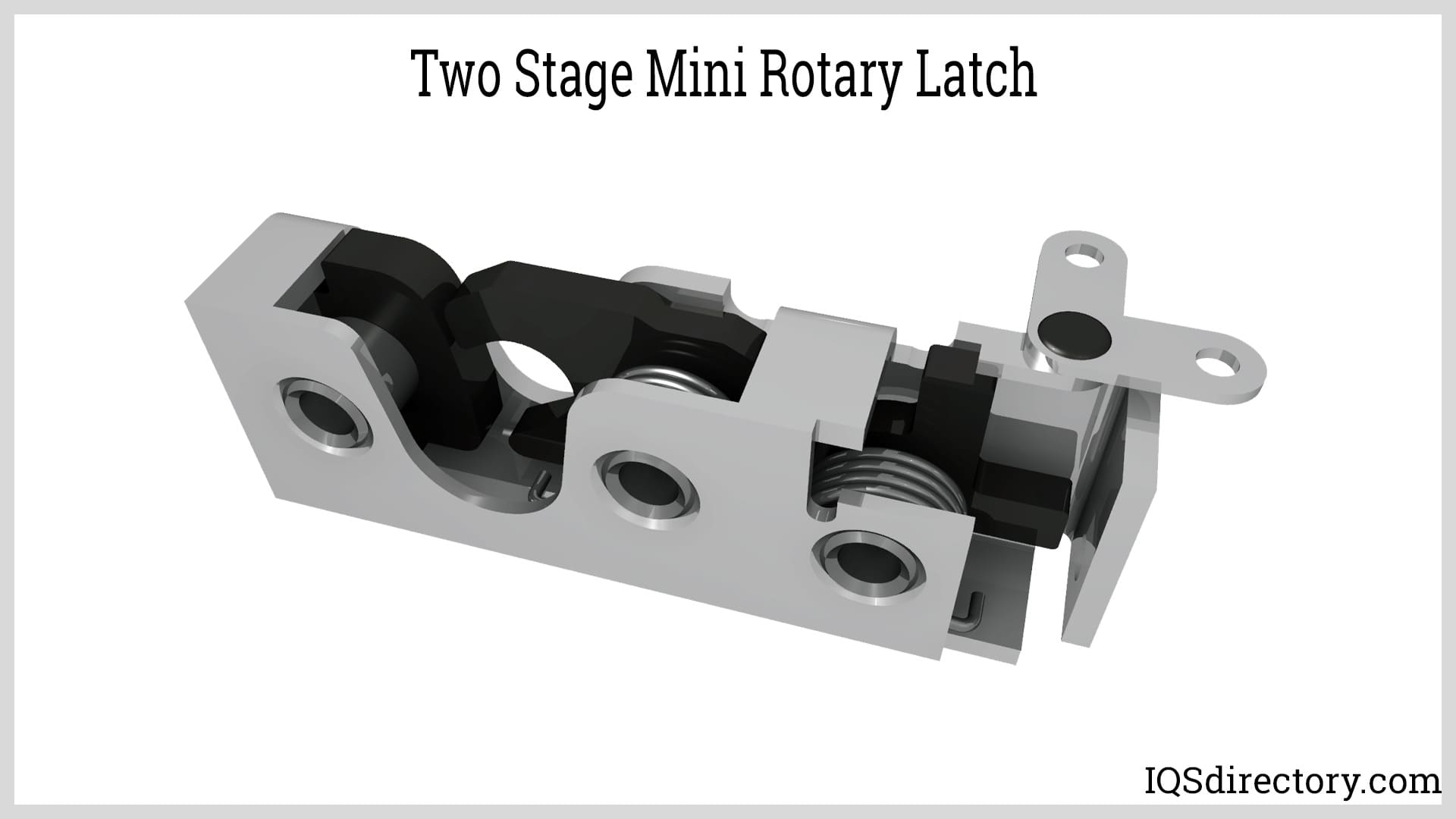
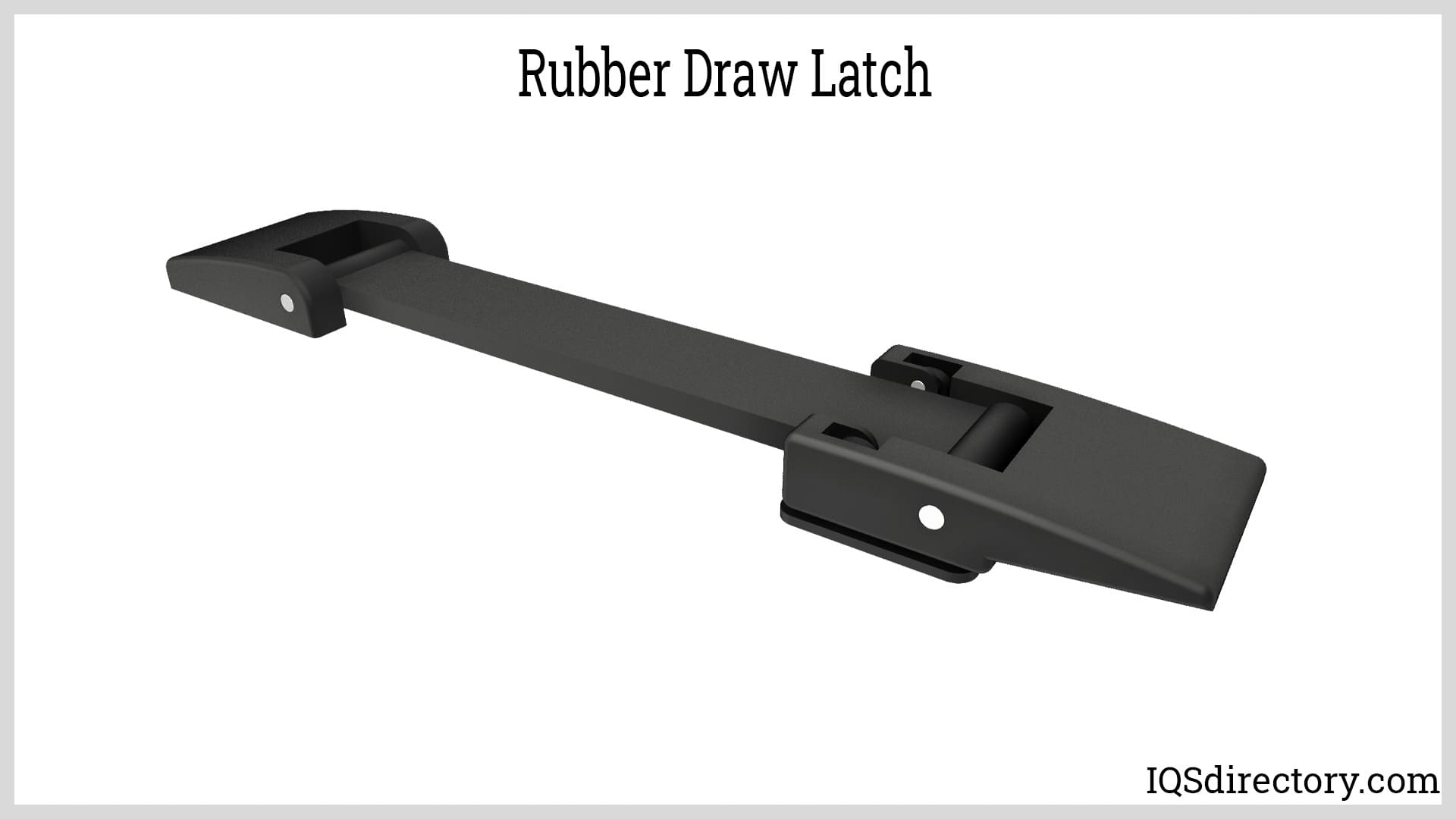
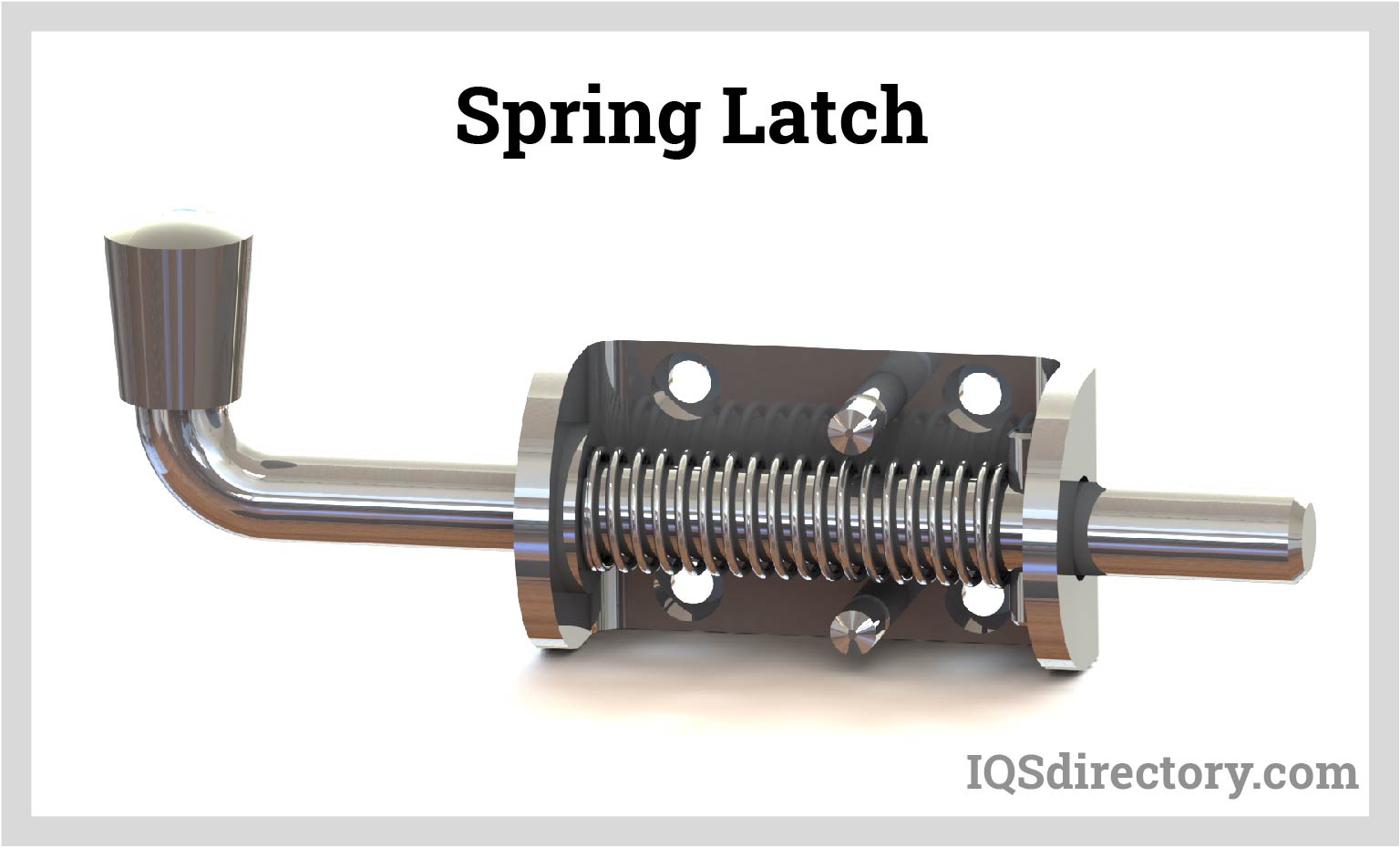
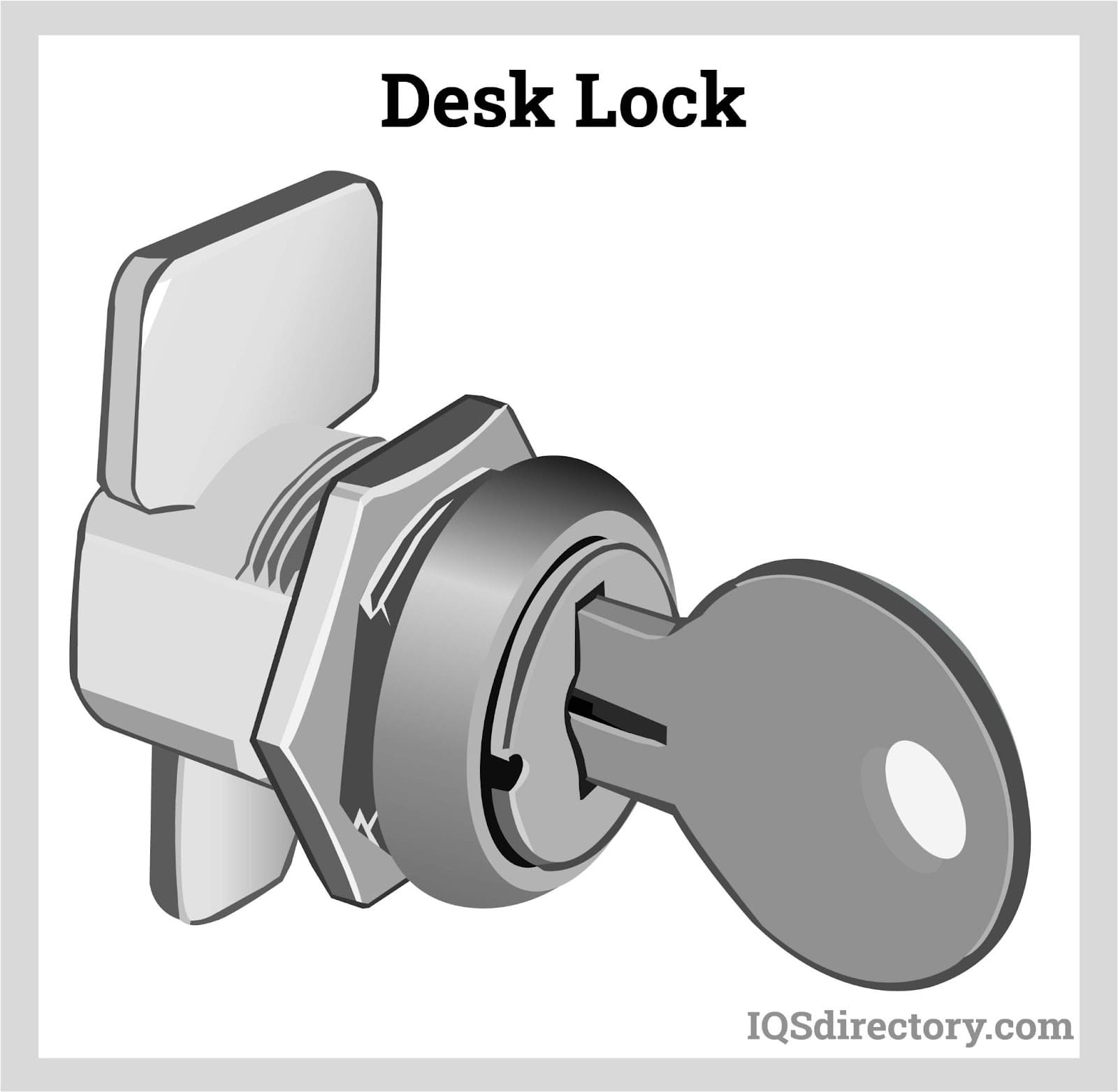
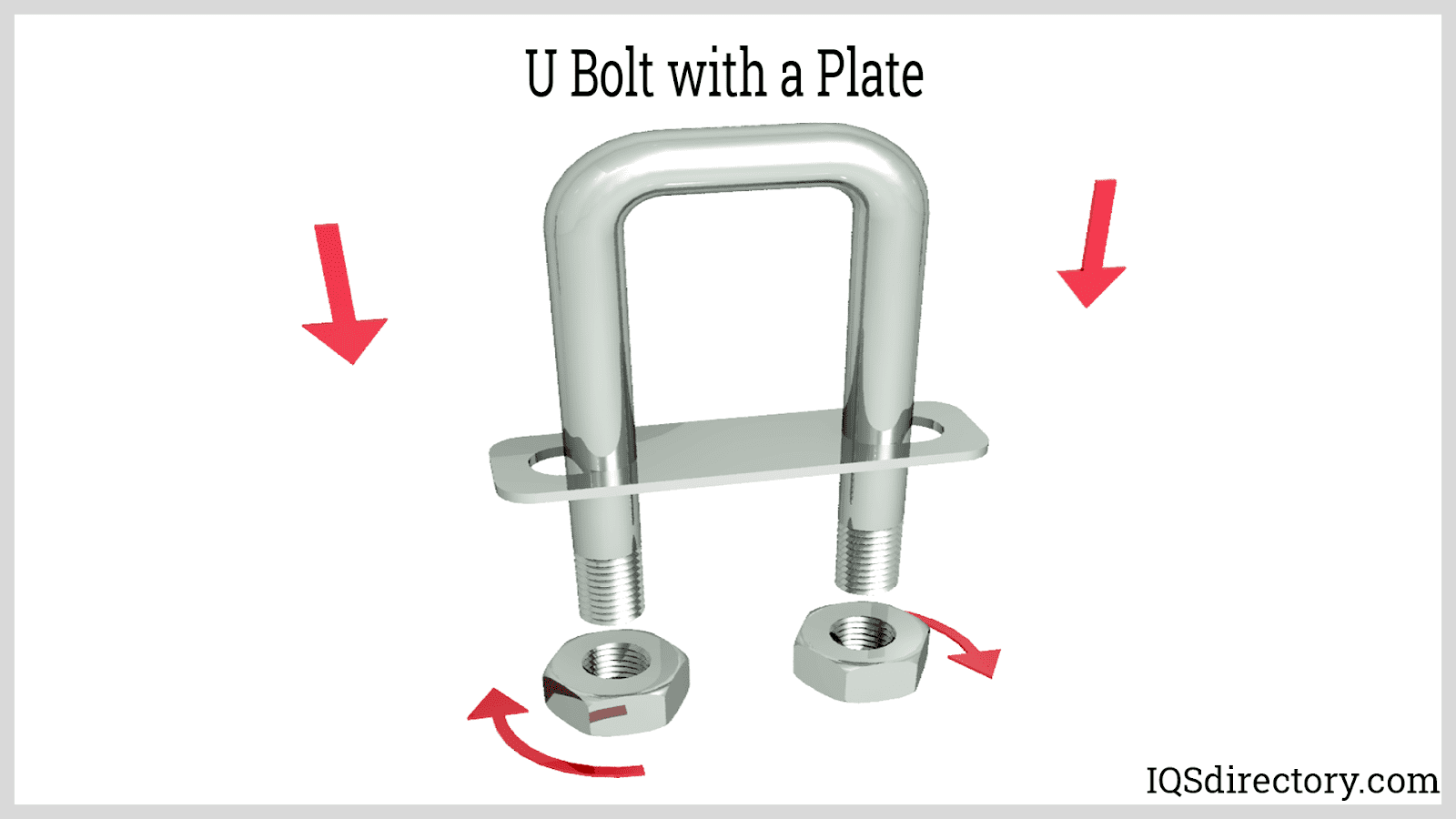
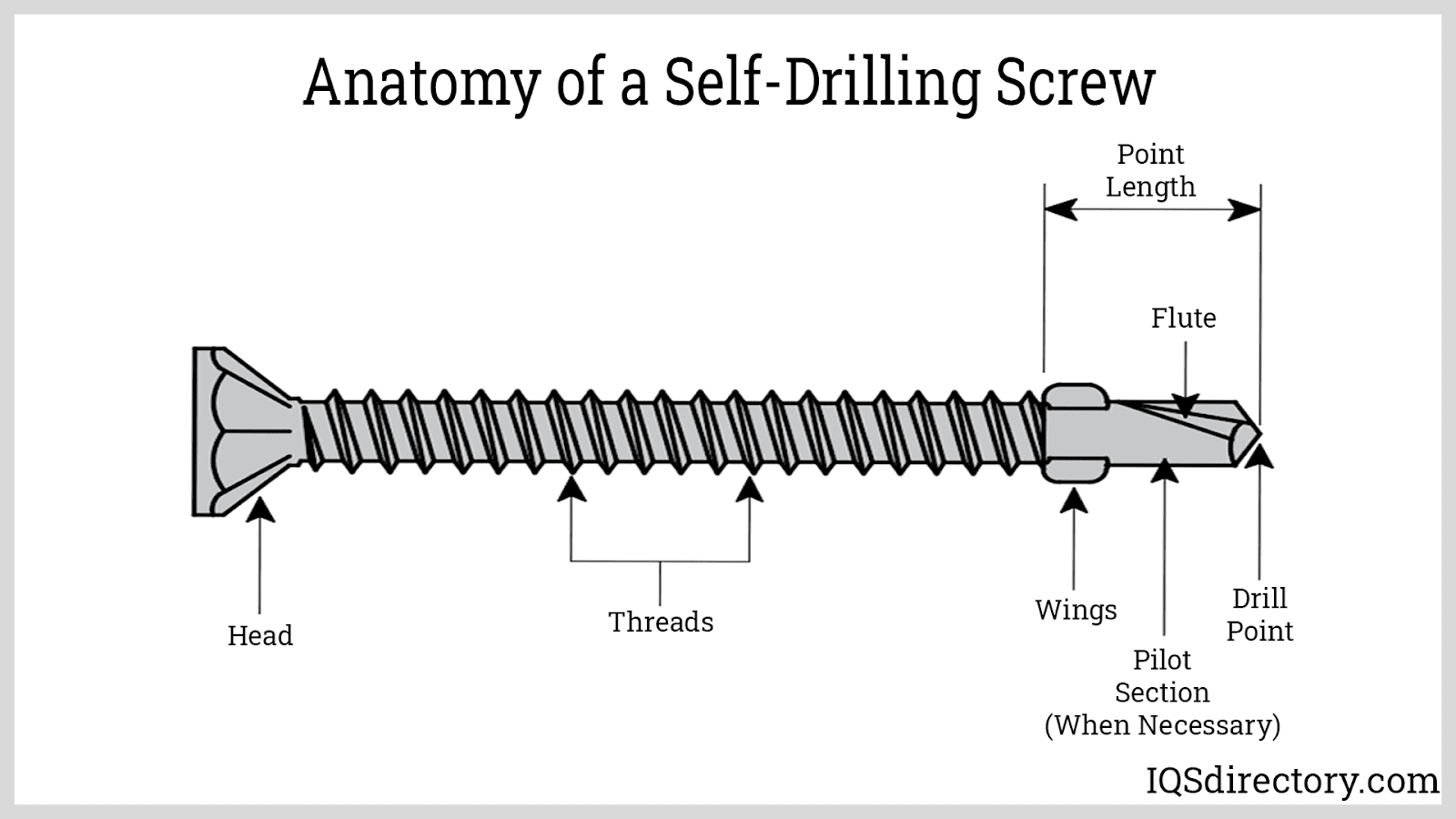
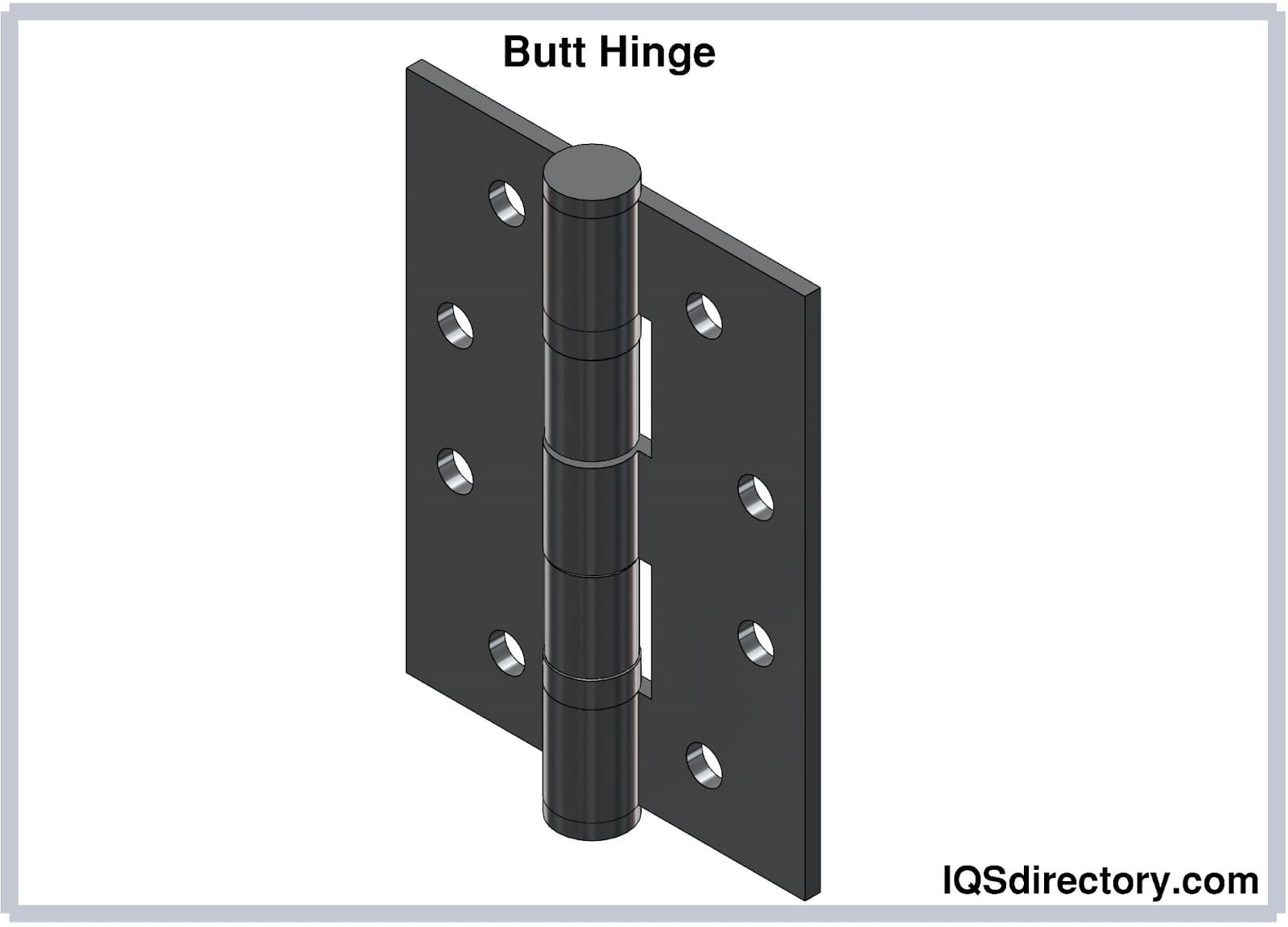
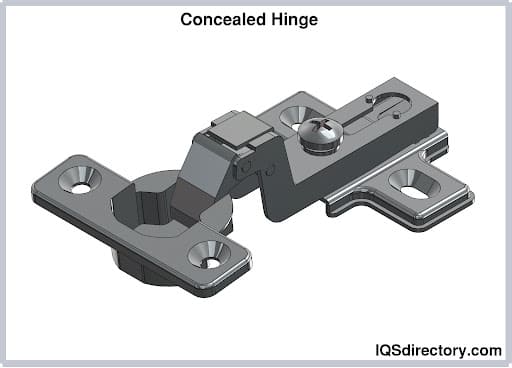
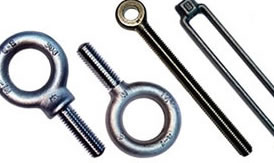 Bolts
Bolts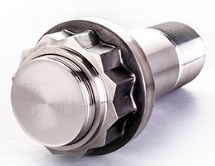 Fasteners
Fasteners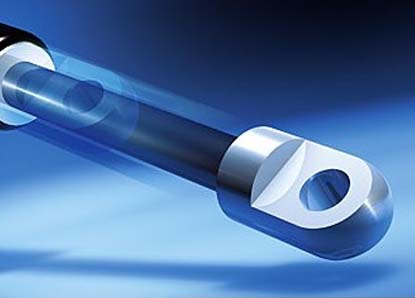 Gas Spring
Gas Spring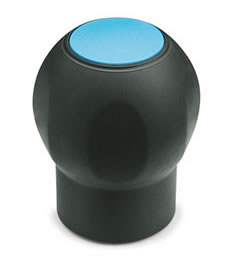 Handles
Handles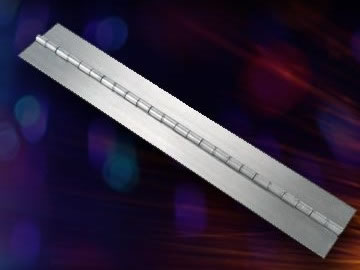 Hinges
Hinges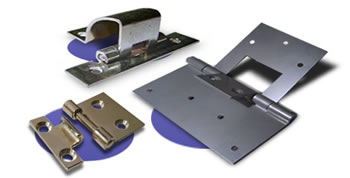 Latches
Latches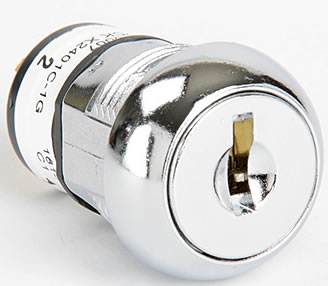 Locks
Locks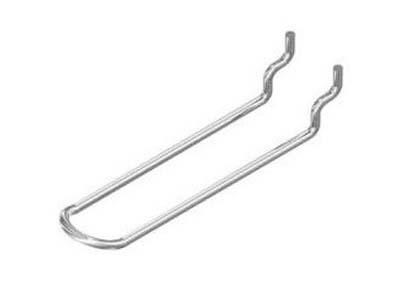 WIre Hooks
WIre Hooks Castings & Forgings
Castings & Forgings Bulk Material Handling
Bulk Material Handling Electrical & Electronic Components
Electrical & Electronic Components Flow Instrumentation
Flow Instrumentation Hardware
Hardware Material Handling Equipment
Material Handling Equipment Metal Cutting Services
Metal Cutting Services Metal Forming Services
Metal Forming Services Metal Suppliers
Metal Suppliers Motion Control Products
Motion Control Products Plant & Facility Equipment
Plant & Facility Equipment Plant & Facility Supplies
Plant & Facility Supplies Plastic Molding Processes
Plastic Molding Processes Pumps & Valves
Pumps & Valves Recycling Equipment
Recycling Equipment Rubber Products & Services
Rubber Products & Services